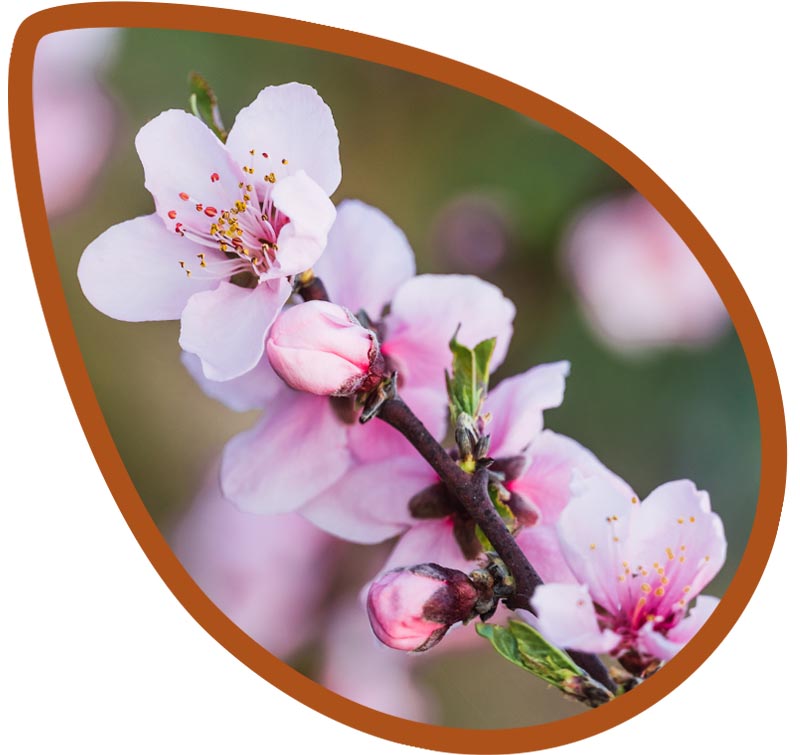Leaders in organic production

This makes the Iberian Peninsula a global leader in organic almonds.
And there is no doubt that it represents a huge opportunity for the future:
-
Demand for this type of product is constantly increasing.
-
Its price is also higher, as consumers are willing to pay a little more for a high-quality and environmentally-friendly product.
-
The global organic food market will triple in size between now and 2030. Specifically, according to a recent study by the consultancy firm Precedence Research, it will grow at a year-on-year rate of 12%, up to 497 billion dollars a year.
With this in mind, SAB-Almendrave and CNCFS are committed to incentivising the transformation to organic agriculture among their partners.
